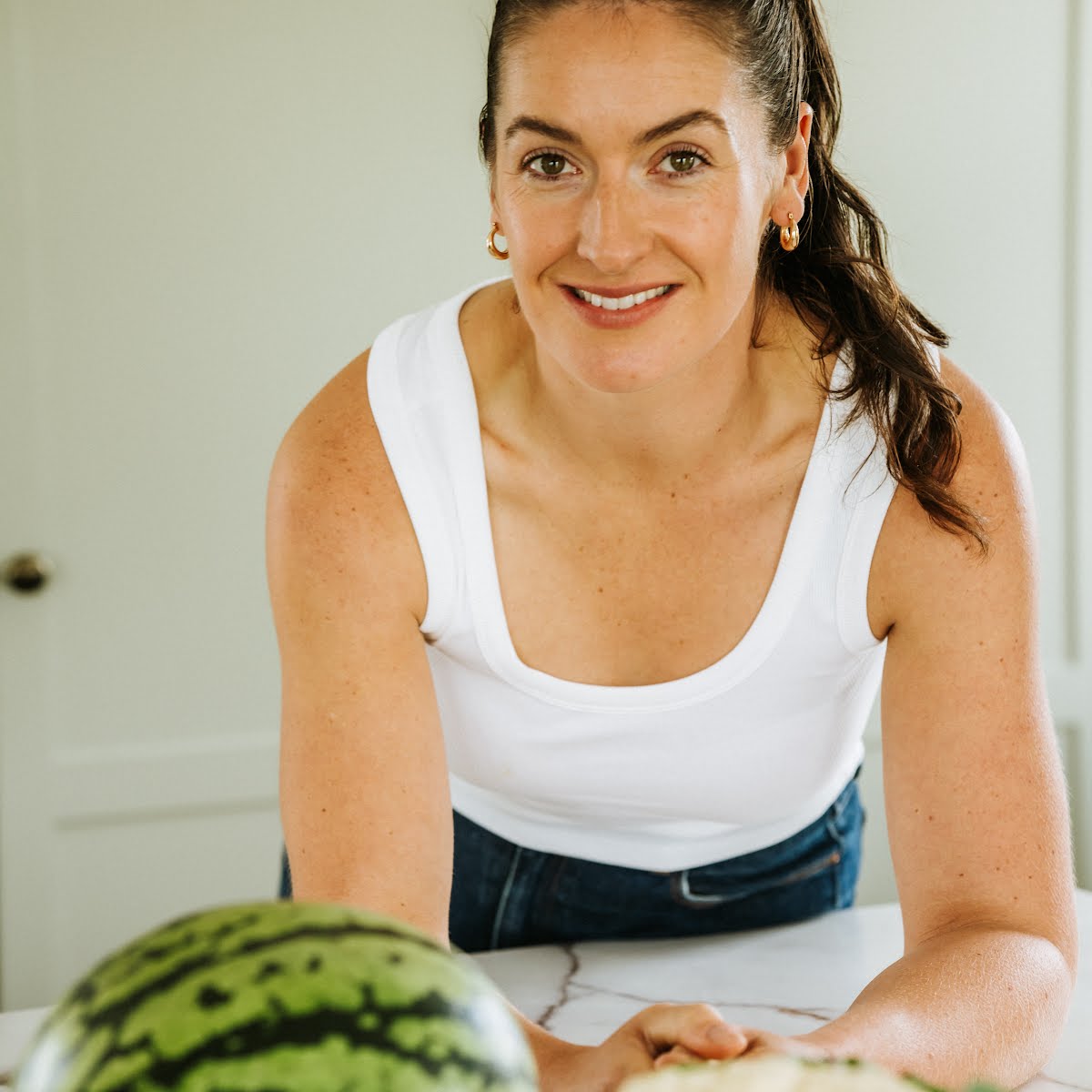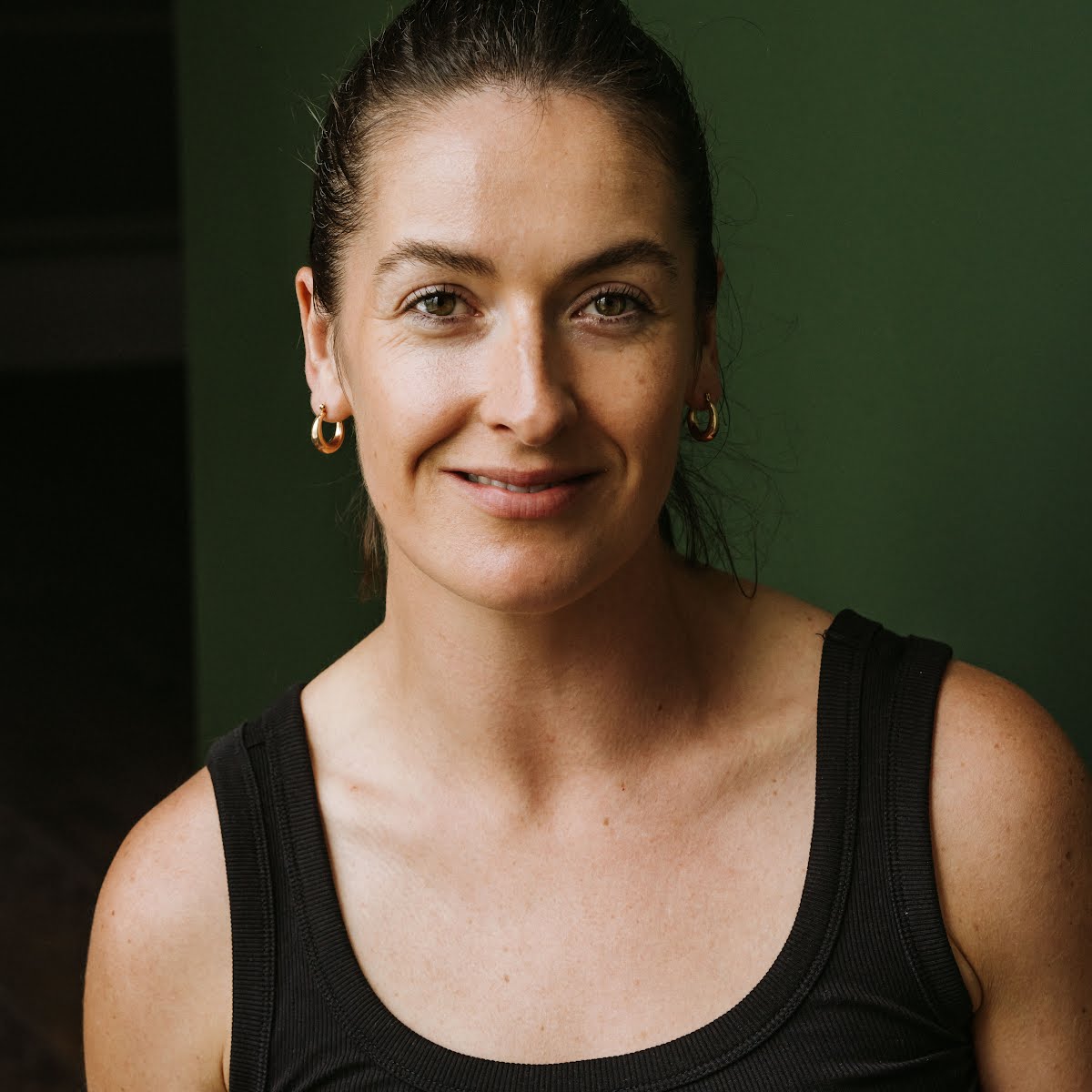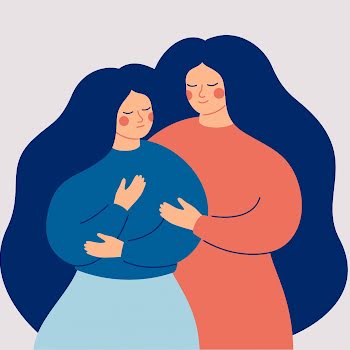
How to balance your hormones naturally using food. What every woman needs to know


If you’re having afternoon energy slumps, experiencing cravings and struggling to lose weight then your hormones may be imbalanced. With nearly 1.5 million followers, Rebecca Holland has helped many women balance their hormones, now she's sharing her top tips with us
Please note, if you are unwell or have specific health concerns, please consult with your GP or a qualified healthcare professional.
How important is nutrition when it comes to the female body?
Food is so important when it comes to balancing your hormones—I’ve seen such a huge shift in women when they start getting it right. It’s all about focusing on nourishment over calorie counting, balancing blood sugar rather than reaching for low-fat alternatives, and prioritising gut health over quick fixes that never really last. I’ve been on my own rollercoaster journey with hormone imbalance. I spent most of my 20s over-exercising and under-eating, and I didn’t have a menstrual cycle for nearly a decade because of it. My body was constantly stressed out. It wasn’t until I began focusing on proper nourishment with balanced meals that I started to see real, sustainable changes. Those intense sugar cravings and energy crashes began to fade. My relationship with food transformed once I shifted my mindset from “What can I cut out?” to “What nutrients can I add?”
How does the food we eat impact our hormones?
Hormones like oestrogen, progesterone, insulin, and cortisol are directly affected by our diet. If you’re eating a lot of refined sugars and processed foods, it can cause insulin spikes, leading to blood sugar imbalances and hormonal disruptions over time. On the other hand, a diet rich in healthy fats, proteins, and fibre helps stabilise blood sugar, supports hormone production, and reduces inflammation. Nutrients like omega-3 fatty acids, zinc, magnesium, and vitamins D and B6—found in foods like nuts, seeds, leafy greens, and whole grains—are particularly beneficial for keeping our hormones balanced.
View this post on Instagram
Listen to Rebecca Holland’s episode of The Wellness Project Podcast
What led you to focus on nutrition and hormone health?
After having my twins, I realised there was no going back to dieting or restrictive eating—I needed to feel good and have energy, not be exhausted all the time. I wasn’t going to be that mom who was constantly yo-yo dieting. Everything I learned during my Master’s degree really started to make sense, and I began to reject all the diet culture nonsense. I’ve lived through the high cortisol life, and I know firsthand that sometimes, the traditional approach doesn’t work, especially for women dealing with hormone imbalances.
What hormones should we be paying the most attention to?
The key hormones to focus on are cortisol, insulin, oestrogen, progesterone, and thyroid hormones. These are crucial for overall health and are often linked to common issues I see in my clients, like weight gain, fatigue, anxiety, irregular cycles, and sleep problems. Cortisol, our main stress hormone, can really mess things up if it’s too high. Insulin manages blood sugar levels and impacts energy and weight. Oestrogen and progesterone are vital for reproductive health, and keeping them balanced is key for a healthy cycle and mood stability. Thyroid hormones regulate metabolism, affecting energy levels and weight.
View this post on Instagram
What does a lack of good nutrition do to our hormone levels?
When we don’t get enough nutrients, our bodies struggle to produce hormones properly, leading to imbalances. Not eating enough protein, for example, can impact oestrogen and progesterone production, while a lack of healthy fats can impair hormone synthesis. Missing out on essential vitamins and minerals can disrupt thyroid function, leading to symptoms like fatigue and weight gain. But when you eat a balanced diet rich in the right nutrients, you’re giving your body what it needs to keep your hormones in check and everything running smoothly.
What daily signs might we notice if it’s time to focus on our nutrition?
If you’re feeling constantly tired, struggling to lose weight, experiencing frequent cravings (especially for sugar or carbs), dealing with mood swings, anxiety, irregular cycles, skin issues, or having trouble sleeping, it might be time to pay attention to your nutrition, although I would recommend visiting your GP first and foremost. These can all be signs that your hormones are out of balance and your body needs more support from the food you’re eating. When I was under eating I had jawline acne, dry skin, hair loss, fatigue, poor sleep, no cycle, anxiety and a big reason for all that was a diet lacking in protein and fat.
What are a few small ways we can pack in nutrition with a busy lifestyle?
It is all about clear routines. That is what behaviour change is, getting clear on structure and routine. Same goes for changing your nutrition habits. There are some easy ways to make sure you’re getting the nutrition you need. Meal prepping is a game-changer when it’s done right and it doesn’t have to be complicated. Having a weekly schedule with meals planned out and ingredients you need on the shopping list goes a long way. With that prep done, you are much less likely to get caught out and make poor food choices. It sounds basic but most women don’t have this mapped out clearly each week. This is something you can work on gradually, finding a routine that works for you. Smoothies are another quick and effective way—they’re easy to make and can be packed with greens, healthy fats, and protein. Keeping healthy snacks like nuts, seeds, fruit, and some good-quality hummus on hand can also help you avoid reaching for less nutritious options.
Can you share two of your favourite hormone-balancing recipes?
I’ve got a couple of favourites that I absolutely love because they’re so easy to throw together and packed with ingredients that support hormone health. I make a lot of recipes online but most are in my nutrition guide. Here are two I find handy.
The Green Smoothie Bowl. This is one of my go-to recipes. It combines spinach, avocado, flaxseeds, chia seeds, and berries—all fantastic for hormone health. Spinach is rich in magnesium, which helps with stress and keeps blood sugar stable. Avocado adds those healthy fats that are crucial for hormone production and keep you feeling full, which helps curb cravings. Flaxseeds are great for balancing oestrogen, and chia seeds bring a dose of anti-inflammatory omega-3s. The berries add a burst of antioxidants to support overall hormonal health. It’s all about taste if you want to actually change your nutrition—you’ve got to enjoy it or you wont stick to it.
Another favourite is my Quinoa and Roasted Vegetable Salad with Tahini Dressing. I love this recipe because it’s so versatile and easy to throw together. I use quinoa, chickpeas, kale, avocado, and a mix of roasted veggies, all topped with a creamy tahini dressing. Quinoa is a complete protein that helps stabilise blood sugar and supports hormone regulation. Chickpeas add more plant-based protein and fibre to help balance insulin. Kale is fantastic for helping the body process oestrogen, while avocado adds those healthy fats that are key for hormone synthesis. The roasted veggies are rich in vitamins that reduce inflammation, and the tahini dressing is creamy and delicious, adding even more healthy fats and antioxidants. This salad is super tasty and so good for keeping your hormones balanced!
The IMAGE Wellness Project is powered by Meaghers Pharmacy and in association with Activia, its4women, Irish Life Health and KIND. Visit our Wellness Hub to follow weekly updates including interviews, videos and podcast episodes with our leading wellbeing experts.

























